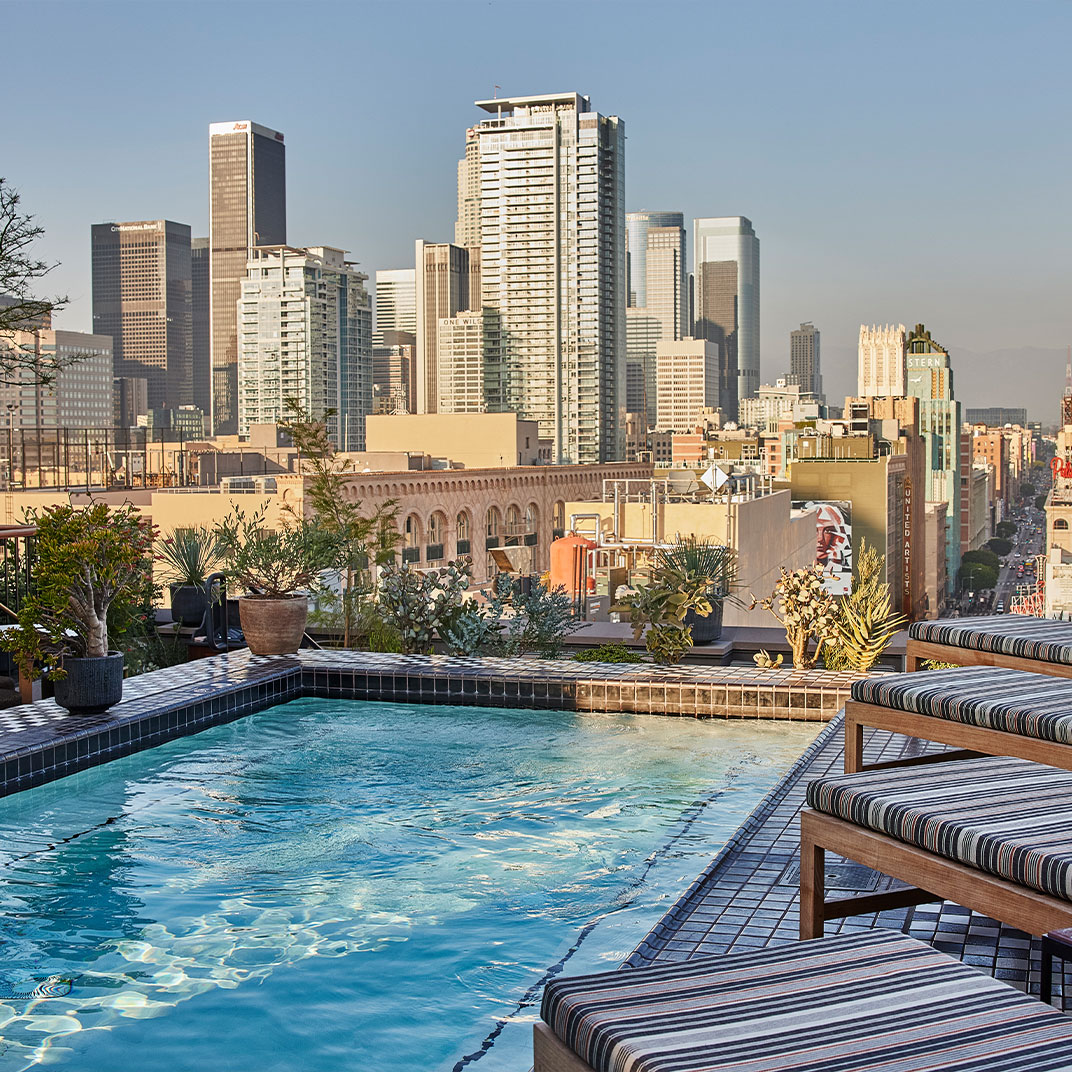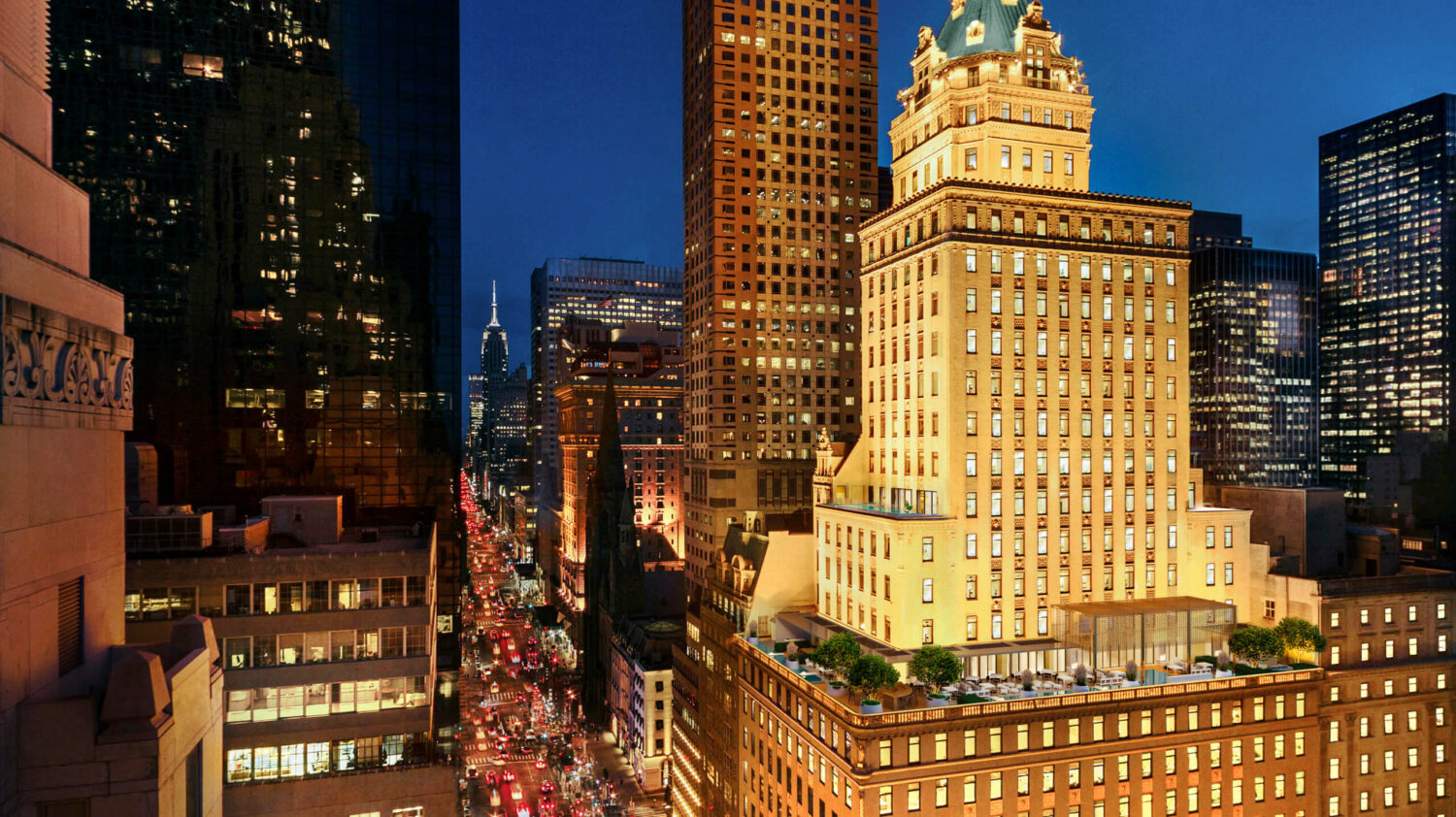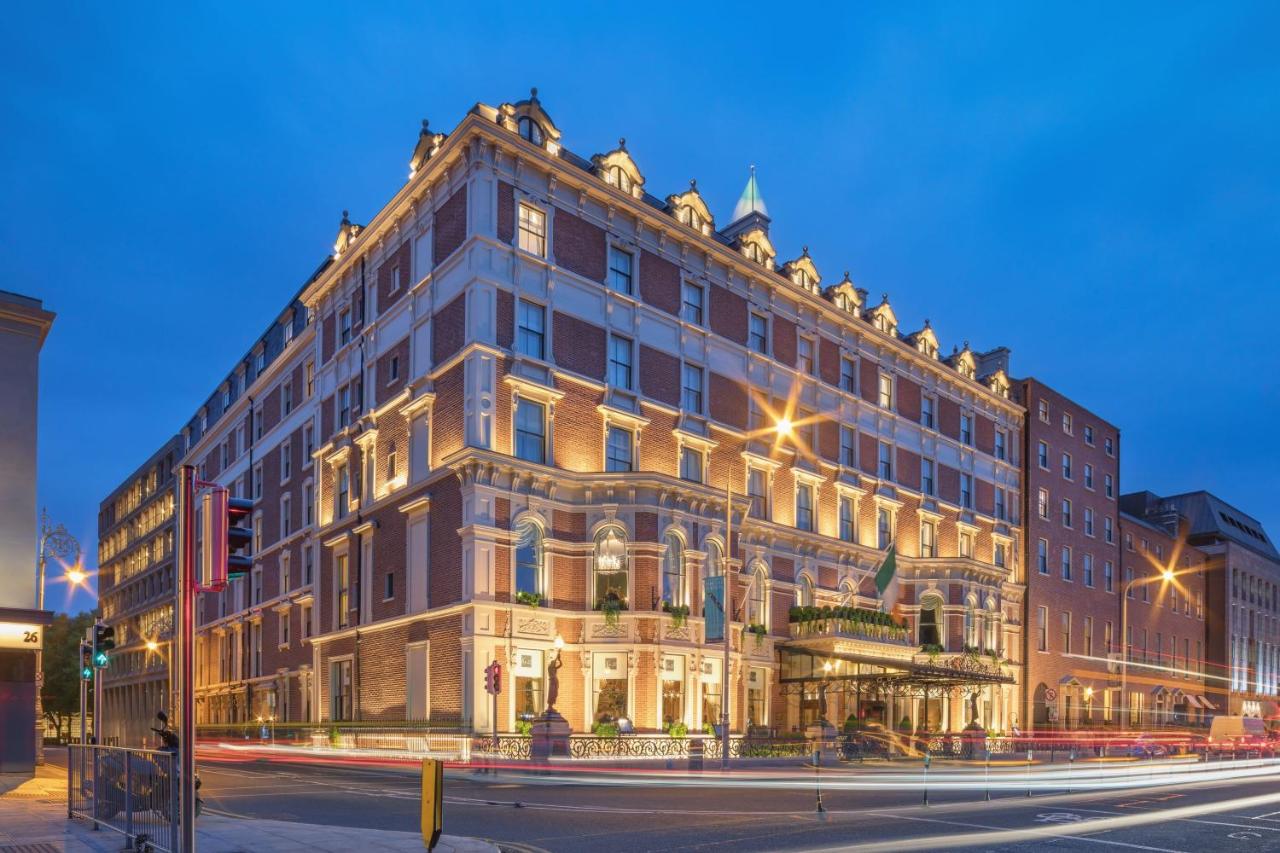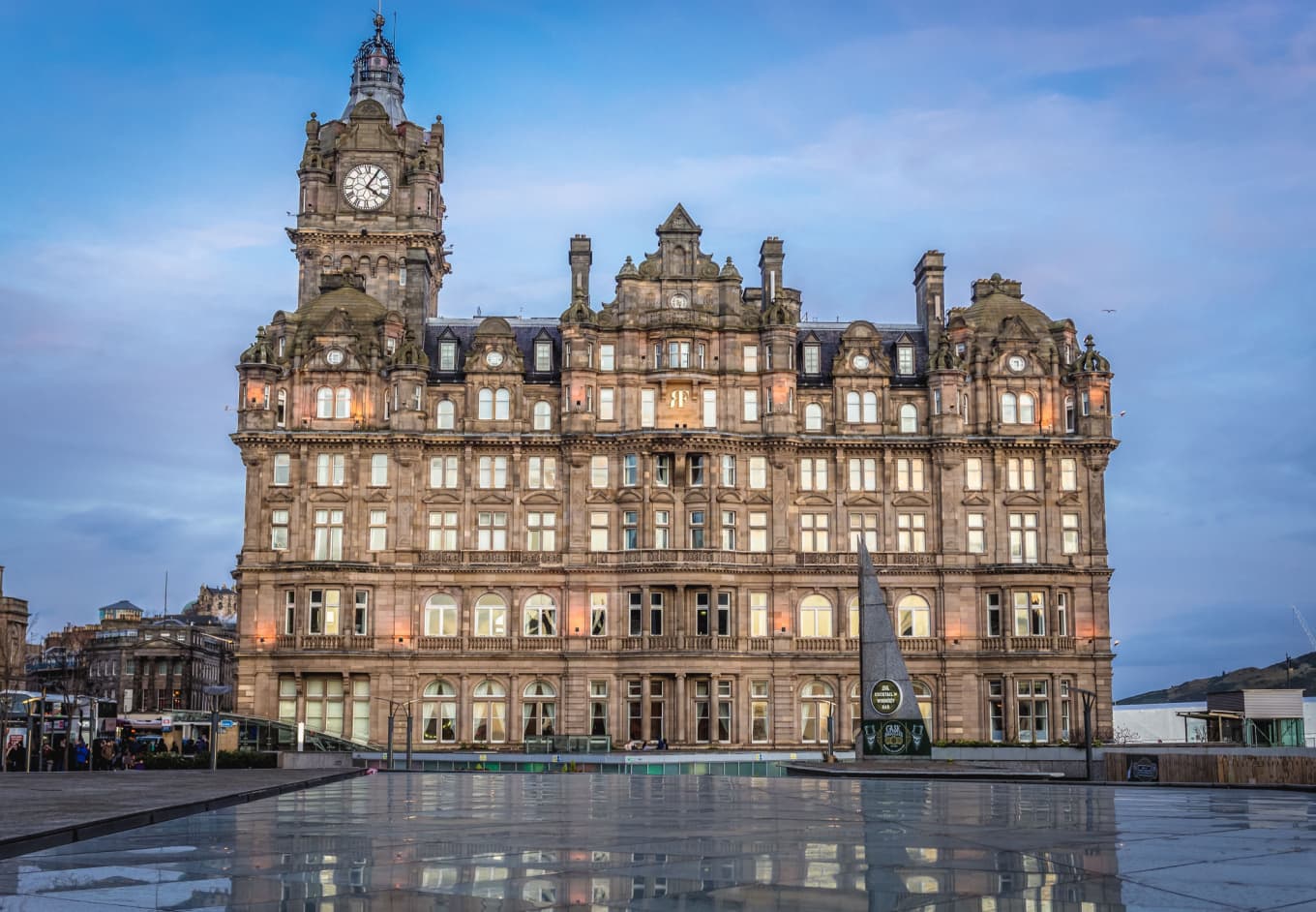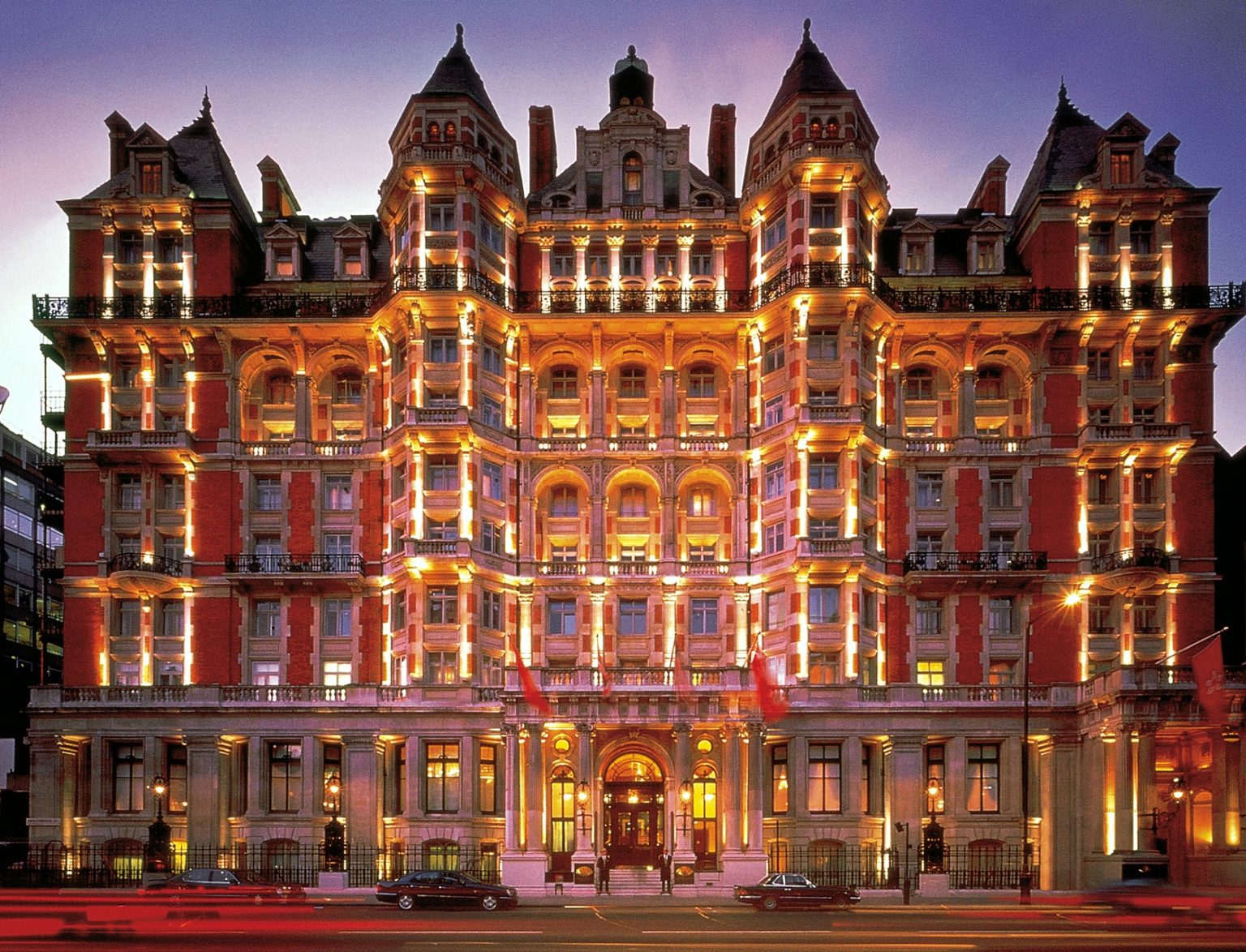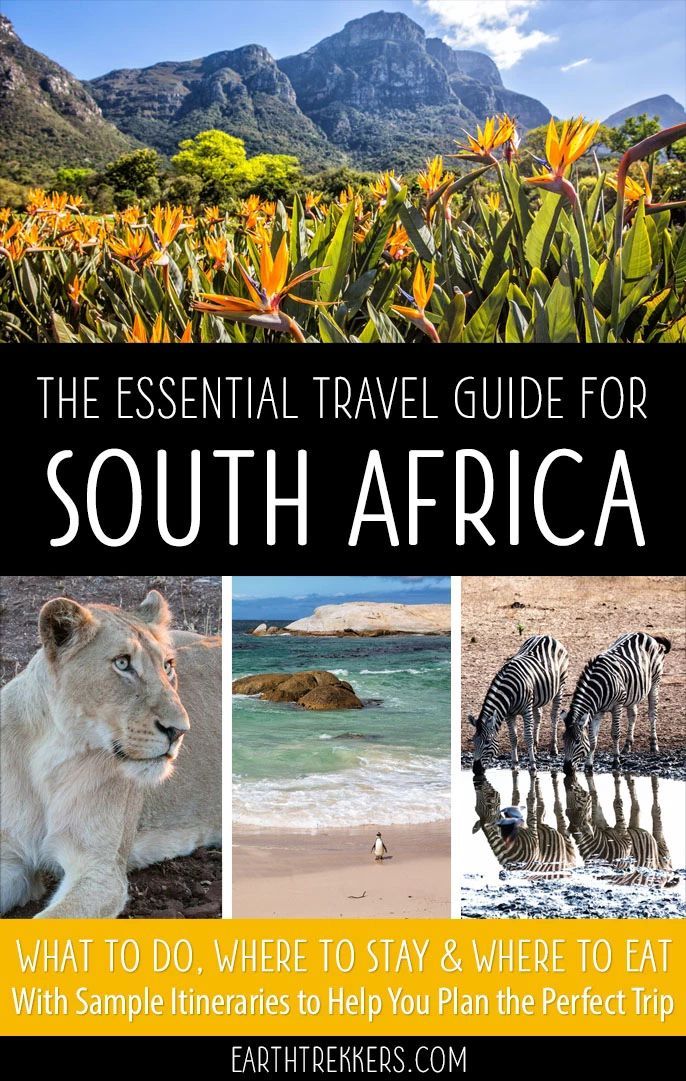
South Africa, a land of unparalleled beauty and profound history, is a destination that captivates the soul. From its dramatic coastlines and soaring mountains to its vast savannahs teeming with wildlife, and its vibrant, diverse cities, the "Rainbow Nation" offers an intoxicating blend of adventure, culture, and relaxation. This guide will navigate you through the essentials, ensuring your journey to this extraordinary country is as enriching as it is unforgettable.
A Tapestry of History: Understanding the Rainbow Nation
To truly appreciate South Africa, one must understand its complex and compelling history. The land boasts a rich pre-colonial heritage, evidenced by ancient rock art and the enduring cultures of its indigenous peoples, such as the San and Khoi.

Related Articles about The Rainbow Nation Beckons: Your Ultimate Travel Guide to South Africa:
- The American Tapestry: A Comprehensive Travel Guide to the United States
- Peru: A Tapestry of Ancient Wonders, Vibrant Cultures, and Breathtaking Landscapes
- A Journey Through Enchantment: Your Ultimate Travel Guide to Malaysia
- Mexico: A Tapestry of Ancient Wonders, Vibrant Culture, and Sun-Kissed Shores
- A Wanderer’s Guide to Sweden: Unveiling the Land of Fjords, Forests, and Fika
The arrival of European settlers in the 17th century marked the beginning of colonial rule, leading to centuries of conflict and the subjugation of native populations. The Anglo-Boer Wars, fought between the British and the descendants of Dutch settlers (Boers/Afrikaners) in the late 19th and early 20th centuries, further shaped the country’s landscape and political identity.
However, the most defining chapter in South Africa’s modern history is undoubtedly Apartheid. Instituted in 1948, this system of institutionalized racial segregation enforced brutal discrimination against non-white South Africans, leading to widespread human rights abuses and international condemnation. Figures like Nelson Mandela, Walter Sisulu, and Desmond Tutu became global symbols of resistance, enduring imprisonment and hardship in their fight for equality.
The peaceful transition to democracy in 1994, marked by the election of Nelson Mandela as the first black president, was a miraculous moment, earning South Africa the moniker "Rainbow Nation" – a testament to its aspiration for unity among its diverse peoples. Today, the country continues to grapple with the legacies of its past while forging a vibrant, forward-looking identity. Understanding this history enriches every interaction and every sight, from the bustling streets of Soweto to the solemn cells of Robben Island.
Top Attractions: A Kaleidoscope of Experiences
South Africa’s geographical diversity translates into an incredible array of attractions. Here are some of the unmissable highlights:
-
Cape Town & the Western Cape:
- Table Mountain: The iconic flat-topped mountain is the city’s majestic backdrop. Take the rotating cable car or hike to the summit for breathtaking panoramic views.
- Robben Island: A UNESCO World Heritage Site, this island prison held Nelson Mandela for 18 years. A ferry trip and guided tour (often by former political prisoners) offer a poignant and essential insight into South Africa’s past.
- V&A Waterfront: A bustling hub of shops, restaurants, entertainment, and cultural attractions, offering stunning harbour and Table Mountain views.
- Bo-Kaap: Famous for its brightly coloured houses and unique Cape Malay culture, it’s a vibrant neighbourhood perfect for a stroll and photography.
- Cape Point & the Cape of Good Hope: Drive along the stunning coastline to the dramatic "meeting point" of the Atlantic and Indian Oceans. Don’t miss the Boulders Beach penguin colony en route.
- Winelands (Stellenbosch, Franschhoek, Paarl): Just an hour from Cape Town, these picturesque valleys are home to world-class vineyards, offering wine tasting, gourmet dining, and stunning scenery.

-
The Wild Heart – Safari Experiences:
- Kruger National Park: One of the world’s most famous wildlife reserves, Kruger offers an unparalleled safari experience. Home to the "Big Five" (lion, leopard, elephant, rhino, buffalo) and countless other species, it promises thrilling game drives and incredible photographic opportunities. Options range from self-driving to staying in luxurious private lodges bordering the park.
- Sabi Sand Game Reserve: Adjacent to Kruger, Sabi Sand is renowned for its exceptional leopard sightings and exclusive, high-end safari lodges, offering intimate game viewing experiences.
- Other Safari Destinations: Addo Elephant National Park (Eastern Cape), Pilanesberg National Park (North West, malaria-free), and many private reserves across various provinces offer diverse safari options.
-
The Garden Route:
- Stretching along the southeastern coast from Mossel Bay to Storms River, this scenic drive is famous for its lush forests, pristine beaches, charming towns (Knysna, Plettenberg Bay), and adventure activities like bungee jumping (Bloukrans Bridge). Highlights include the Tsitsikamma National Park with its ancient forests and dramatic coastal trails.
-
Johannesburg & Soweto:
- Apartheid Museum: A powerful and essential experience, this museum chronicles the rise and fall of apartheid through compelling exhibits and personal stories.
- Constitution Hill: Home to the Constitutional Court and former prisons, including the Old Fort and Women’s Gaol, where Nelson Mandela and Mahatma Gandhi were once held.
- Soweto (South Western Townships): A vibrant township with immense historical significance. Visit Vilakazi Street (the only street in the world to have housed two Nobel Peace Prize winners – Mandela and Tutu), the Hector Pieterson Memorial, and immerse yourself in local culture.
-
Drakensberg Mountains (uKhahlamba):
- A UNESCO World Heritage Site, this majestic mountain range in KwaZulu-Natal offers spectacular landscapes, hiking trails for all levels, and ancient San rock art sites. The "Amphitheatre" is particularly breathtaking.
-
Durban & KwaZulu-Natal:
- Golden Mile: Durban’s vibrant beachfront promenade, perfect for swimming, surfing, and enjoying the city’s unique blend of Zulu, Indian, and colonial cultures.
- Battlefields: Explore sites of the Anglo-Zulu and Anglo-Boer Wars, such as Isandlwana and Rorke’s Drift, with expert guides bringing the history to life.
Navigating South Africa: Transportation
Getting around South Africa is relatively straightforward, but planning is key due to the vast distances.
- International Flights: Most international visitors arrive at O.R. Tambo International Airport (JNB) in Johannesburg or Cape Town International Airport (CPT).
- Domestic Flights: South Africa has an excellent network of domestic flights connecting major cities and tourist hubs. Carriers include South African Airways (SAA), British Airways (operated by Comair), Lift, and FlySafair. This is the most time-efficient way to cover long distances.
- Car Rental: Highly recommended for flexibility, especially for exploring the Garden Route, Winelands, or self-driving in Kruger (outside of private reserves). Major international rental companies operate here. Remember to drive on the left-hand side of the road. Roads are generally well-maintained, but rural areas can have potholes.
- Buses: Intercity buses like Greyhound, Intercape, and Baz Bus offer affordable travel between major cities and tourist routes. Baz Bus is particularly popular with backpackers, offering hop-on, hop-off services.
- Trains:
- Luxury Trains: The iconic Blue Train and Rovos Rail offer opulent, multi-day journeys across the country – a truly unforgettable experience.
- Shosholoza Meyl: Provides long-distance passenger services, but these are less frequently used by international tourists due to comfort and reliability concerns compared to buses or flights.
- Taxis & Ride-Sharing: Uber and Bolt are widely available in major cities, offering convenient and safe transportation. Traditional meter taxis are also available but ensure the meter is used or agree on a fare beforehand.
Accommodation Options: From Bush to Boutique
South Africa offers an incredible range of accommodation to suit every budget and travel style:
- Luxury:
- Safari Lodges: World-class lodges in private game reserves offer opulent suites, gourmet dining, private game drives, and unparalleled service.
- Boutique Hotels: Found in major cities and the Winelands, these offer personalized service, unique design, and high-end amenities.
- 5-Star Hotels: International chains and local luxury brands offer all the expected comforts and services in prime locations.
- Mid-Range:
- Guesthouses & B&Bs: A popular and excellent value option, offering comfortable rooms, friendly hosts, and often delicious breakfasts. They provide a more personal touch.
- Apart-Hotels/Self-Catering: Ideal for longer stays or families, offering kitchen facilities and more space.
- Chain Hotels: Brands like Protea Hotels by Marriott, Tsogo Sun, and City Lodge offer reliable comfort and service.
- Budget:
- Hostels: Abundant in cities and popular tourist towns, offering dorms and private rooms, often with communal kitchens and social atmospheres.
- Backpacker Lodges: Similar to hostels but sometimes with more unique offerings, especially along the Garden Route.
- Campsites: For the adventurous and budget-conscious, national parks and private reserves offer well-maintained campsites.
Best Time to Visit: Timing Your South African Adventure
South Africa’s large size means different regions experience different climates, making "best time to visit" dependent on your priorities.
- Overall (Shoulder Seasons): Spring (September-November) and Autumn (March-May) are often considered ideal. The weather is generally pleasant across the country, crowds are smaller than peak summer, and prices can be more reasonable.
- Safari (Kruger & surrounds):
- Dry Season (Winter: May-September): This is generally considered the best time for game viewing. Vegetation is sparse, water sources are limited, forcing animals to congregate around watering holes, making them easier to spot. Temperatures are mild during the day, but nights can be cold.
- Wet Season (Summer: October-April): Lush landscapes, baby animals, and migratory birds make this a beautiful time, but dense vegetation can make game viewing more challenging. It’s also hotter and more humid, with a higher risk of malaria.
- Cape Town & Western Cape:
- Summer (December-February): Warm, sunny weather perfect for beaches, outdoor activities, and enjoying the city’s vibrant atmosphere. However, it’s peak tourist season, so expect larger crowds and higher prices.
- Spring/Autumn: Pleasant temperatures, fewer crowds, and ideal for hiking Table Mountain or exploring the Winelands.
- Winter (June-August): Cooler, wetter weather, but still plenty of sunny days. Excellent for whale watching along the coast (June-November).
- Drakensberg Mountains:
- Summer (November-March): Lush and green, ideal for hiking, but expect afternoon thunderstorms.
- Winter (June-August): Crisp, clear days, and often snow on the higher peaks, creating stunning landscapes (but some passes may be closed).
- Whale Watching: The Southern Right Whales migrate to the South African coast (especially around Hermanus) from June to November, with peak season being August-October.
Essential Travel Tips: Navigating South Africa with Ease
- Safety: While South Africa has a reputation for high crime rates, most tourist areas are generally safe, especially with common-sense precautions.
- Be aware of your surroundings, especially in crowded areas.
- Avoid walking alone at night. Use reputable taxis or ride-sharing apps.
- Keep valuables out of sight and secure.
- Research safe neighbourhoods for accommodation.
- Lock car doors and keep windows closed, especially at traffic lights in cities.
- Listen to advice from locals and your accommodation hosts.
- Health:
- Malaria: Kruger National Park and surrounding areas are malaria-risk zones. Consult your doctor about anti-malarial medication. Use insect repellent and sleep under mosquito nets if provided.
- Vaccinations: Ensure routine vaccinations are up to date (Tetanus, Diphtheria, Polio, Hepatitis A & B). Yellow Fever vaccination is only required if you’re arriving from a country with a risk of Yellow Fever transmission.
- Travel Insurance: Essential for medical emergencies, trip cancellations, and lost luggage.
- Sun Protection: The African sun is strong. Use high SPF sunscreen, wear hats, and stay hydrated.
- Money:
- Currency: South African Rand (ZAR).
- ATMs: Widely available in cities and towns. Inform your bank of your travel plans.
- Credit Cards: Accepted almost everywhere.
- Tipping: Customary for good service. 10-15% in restaurants. Small amounts for porters, petrol attendants (who also clean your windshield), and car guards (R5-R20). Safari guides and trackers are usually tipped at the end of your stay (guidelines often provided by lodges).
- Visa Requirements: Check with your local South African embassy or consulate well in advance. Many nationalities receive a visa on arrival for stays up to 90 days.
- Language: English is widely spoken and is the common language for business and tourism. There are 11 official languages, including Zulu, Xhosa, and Afrikaans. Learning a few basic phrases in the local language of the region you’re visiting is always appreciated.
- Culture & Etiquette: South Africa is incredibly diverse. Politeness, respect for elders, and an open mind will go a long way. Photography of people should always be done with permission.
- Driving: Drive on the left. Speed limits are 120 km/h on highways, 100 km/h on main roads, and 60 km/h in urban areas. Be aware of taxis (minibus taxis) which can be erratic. Avoid driving long distances at night, especially in rural areas, due to wildlife, poorly lit roads, and potential safety concerns.
- Connectivity: Local SIM cards (Vodacom, MTN, Cell C) are readily available and affordable for data and calls. Wi-Fi is common in hotels and guesthouses.
- What to Pack: Layers of clothing (even in summer, evenings can be cool), comfortable walking shoes, swimwear, sun protection (hat, sunglasses, high SPF sunscreen), insect repellent, a camera with extra batteries, and a good quality pair of binoculars for safari.
South Africa is a country that will challenge, inspire, and enchant you. It’s a land of contrasts, where ancient traditions meet modern dynamism, and breathtaking natural beauty coexists with a profound human story. Prepare for an adventure that will stay with you long after you’ve left its shores. The Rainbow Nation awaits.
